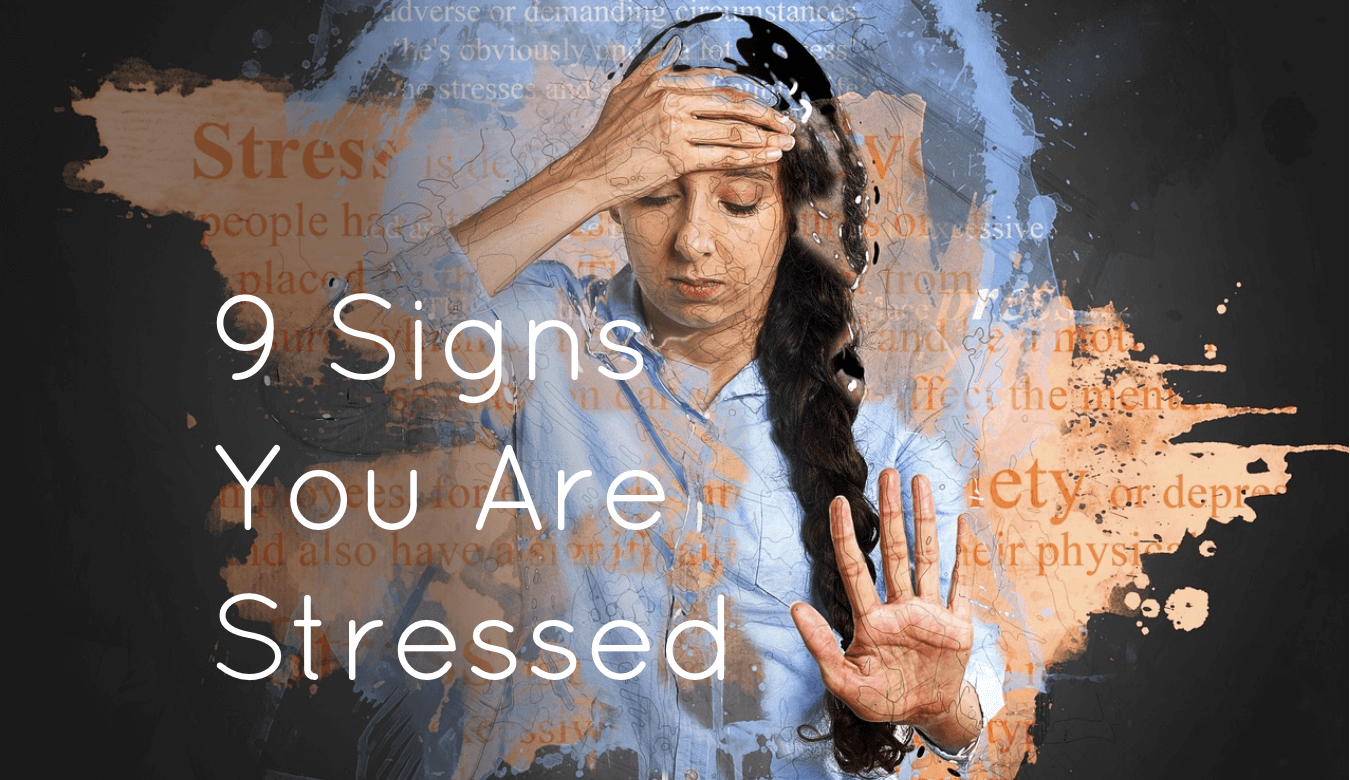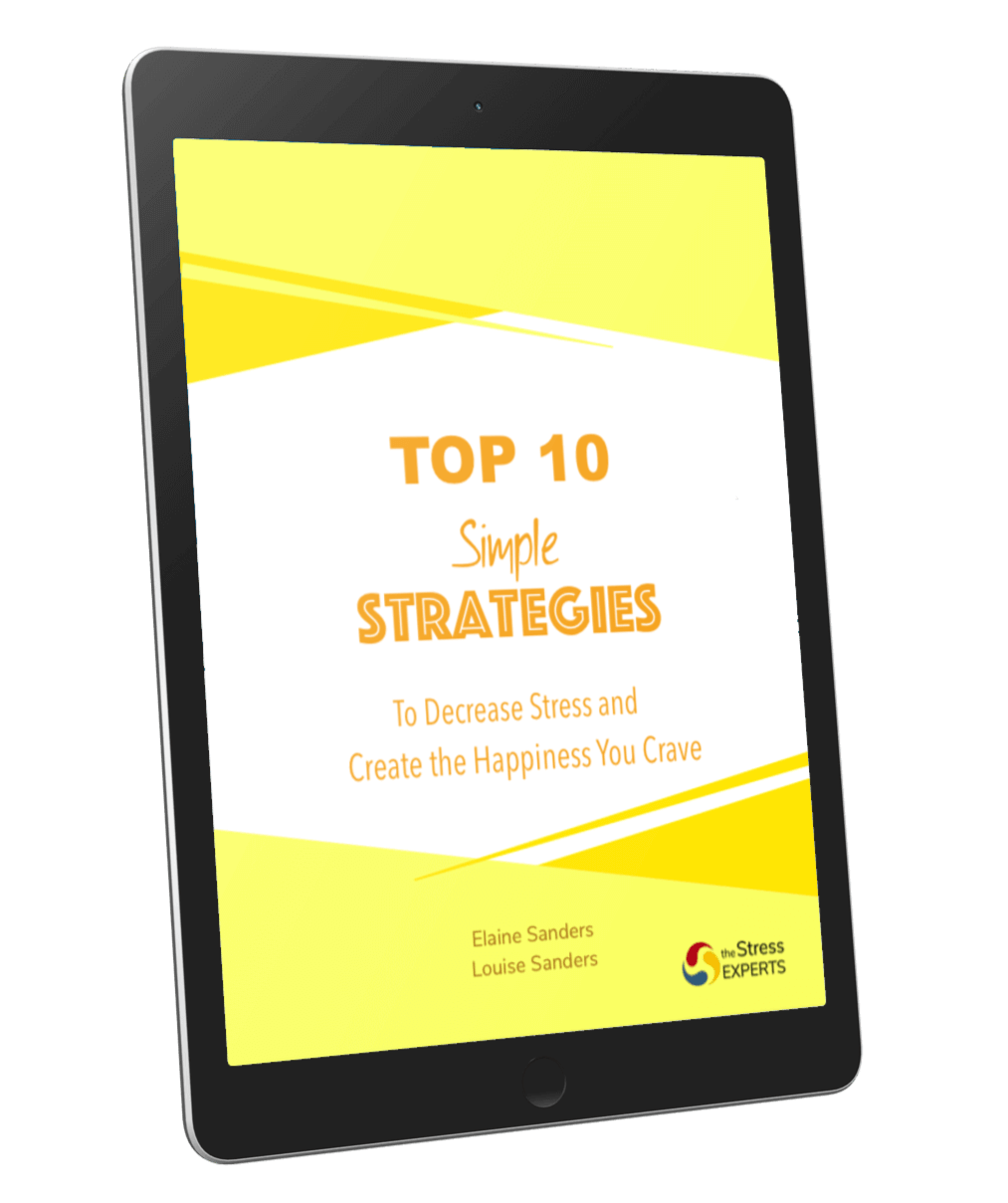
Stress is physiological disharmony that takes place inside of you. This disharmony is noticeable; if you are paying attention to your inside world, you can feel when you are stressed and then do something to remedy that. But sometimes, or maybe oftentimes, we are too distracted by our outside world to notice what is happening inside of us.
Eventually, your body and mind start getting your attention by showing you signs that you are stressed and must change something in order to prevent further negative effects of stress.
In no particular order, here are some signs to watch for to know if you are stressed.
1. Exhaustion - The internal disharmony of stress wastes a lot of energy unnecessarily, leaving you feeling depleted and fatigued.
2. Sleep disruption - Sleep is very important. It is the primary way your body restores itself. When you are stressed, you can have trouble falling asleep and/or staying asleep. Unfortunately, the lack of sleep makes the next day even more stressful leading to even more sleep disruption in subsequent nights - a vicious cycle.
3. Muscle tension - The tension can be felt anywhere in your body. Very commonly, it is felt in the upper back/neck/shoulders, but it occurs in other areas, too.
4. Clenching - Muscle tension in the jaw. Clenching and grinding teeth can also lead to sore teeth.
5. Moodiness - Difficulties regulating emotions. This can be uncontrollable crying or feeling like you are going to cry for no apparent reason. It could also be that you have disproportionate emotional responses - big emotions to small matters, such as anxiety when your phone rings, or explosive anger when someone makes a small mistake.
6. Generalized body pain - Our aches and pains are often not strictly physical issues. Our stress is carried in the body; it is not just “in your head”.
7. Nightmares - While we sleep, our subconscious mind is organizing, cataloging, and storing our life experiences, making sense out of life. A nightmare is our brain’s way of trying to process stress and the challenging times in our life.
8. Jitteriness - The body or parts of the body don’t want to be still. For example, bouncing or wiggling your legs while sitting.
9. Hyper-vigilance - Always on the lookout for possible danger even in relatively safe situations such as at a restaurant or at home, and expecting difficulties.
This is not an exhaustive list, but hopefully it’s enough to encourage you to consider that those “minor” annoyances or quirks you’re experiencing are actually signs of stress so then you can do something about your level of stress before it becomes more severe or possibly life-threatening.
Are you experiencing any signs of stress? If so, there is hope. You can release the stress and create more harmony in your body so you feel healthier, freer, lighter, and safe enough to be more open to life.
If you’re ready for that, book a session with me and let’s get started!
Here’s to conquering stress.
With heart,
Louise
--
Did this blog help you?
Consider sharing it with someone who needs to hear it!
Have a question?
Let me know. I love answering questions! Contact me!

















0 Comments